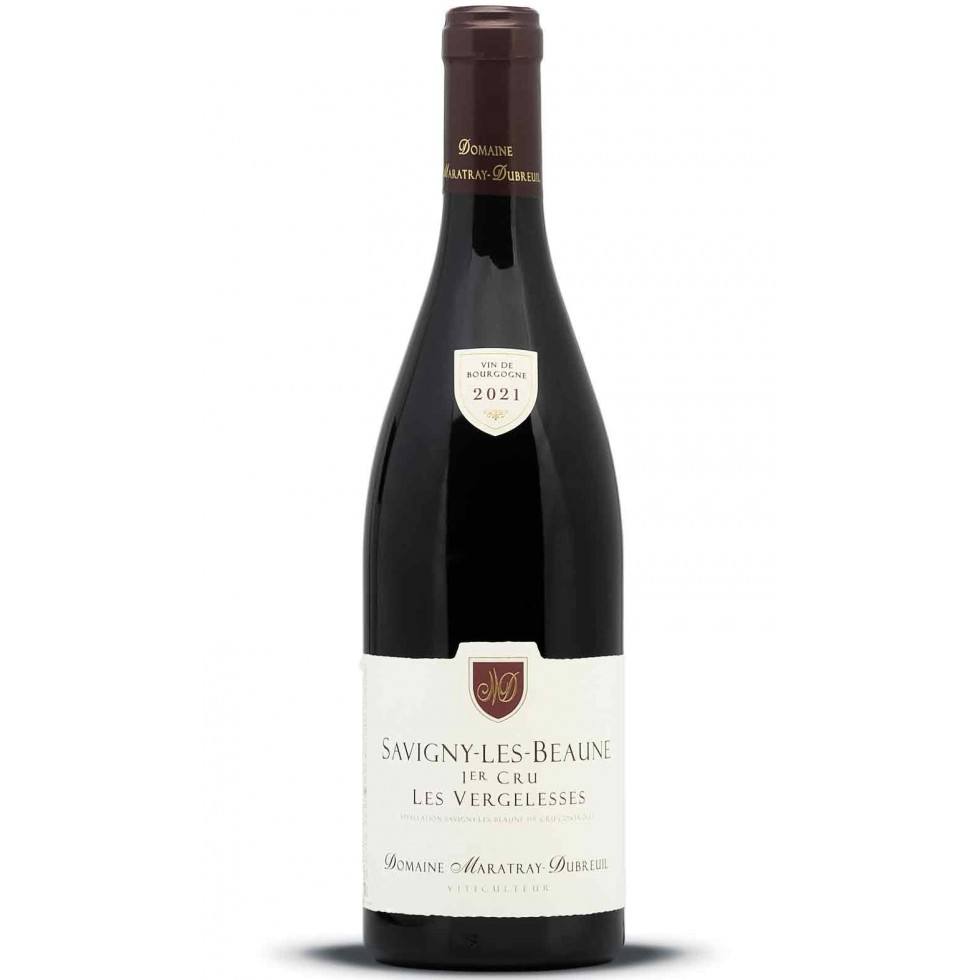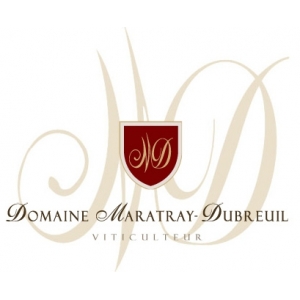appellation
Savigny Les Beaune
Characteristics of the wines
Red: deep cherry, purple colour with garnet reflections, then a bouquet of black and red berries (blackcurrant, cherry, raspberry), as well as flowers (violet). The body is discreetly tannic and full. It preserves its fruit. Roundness and volume, balance and power in just the right proportions often evoke sour cherries with a beautiful elegance.
White: gold with emerald or pale straw reflections, it has a floral and cheerful nose. Its bouquet is willingly buttered and brioche. Accents of lemon, grapefruit, sometimes mineral. The attack and vivacity contribute to the frankness of a clean and frank wine, where a persistent and sometimes spicy fatness is expressed, quite carnal.
Sommelier's tip
Red: its volume and round power will accompany pleasant and tasty cuts of beef, or even pan-fried foie gras. On crispy roast poultry, its fleshy personality can play with the slightly dry fibres of a poultry, as well as with the more aromatic fibres of a lacquered or caramelised poultry. For cheeses, he prefers those with a mild flavour such as Chaource, Brie de Meaux, Tomme, Reblochon, Cantal, Mont d'Or, Époisses.
Serving temperature: 15 °C.
White: behind a lively and frank attack, which will be appreciated by freshwater fish in white sauce or omelettes and scrambled eggs, its rich and unctuous bouquet will ensure a pleasant and relaxing finish. He appreciates goat's cheese, Gruyères, Comté, Cîteaux.
Serving temperature: 11 to 12 °C.
Situation
Like a map unfolding, the landscape widens between the Montagne de Corton and Beaune. The heights of the Côte de Beaune take a step back, on either side of a small river, the Rhoin. The vineyard is old. It belonged for a long time to the Ducal domain, to the neighbouring abbeys, to the Knights of Malta. The important fourteenth-century castle signals the legitimate claims of the cru. The Appellation d'Origine Contrôlée was instituted in 1937.
Terroirs
On slopes rising gently and then firmer, from 250 metres to 400 metres above sea level, we find the alluvial fan of the Rhoin and then the geology of the Corton Mountain. On the Pernand-Vergelesses side, the south-facing exposure benefits from gravelly soils, dotted with ferruginous oolite. As it descends, the reddish-brown limestone becomes more clayey and stony. Opposite, the hillside looks up to the east on limestone soils with sandy shades.
List of climats and localities of this appellation
Climats classified as 1er cru
- Aux Clous
- In the kitchen
- To the Gravains
- On the lookout
- At the Serpentières
- Low Vergelesses
- Battalion
- Chevrey Field
- The Dominode
- The hinges
- The High Jarrons
- The Hauts Marconnets
- The Jarrons
- The Lavières
- The Marconnets
- The Narbantons
- Les Peuillets
- The Rouvrettes
- The Talmettes
- The Vergelesses
- Small Shovels
- Redrescul
Source: BIVB




